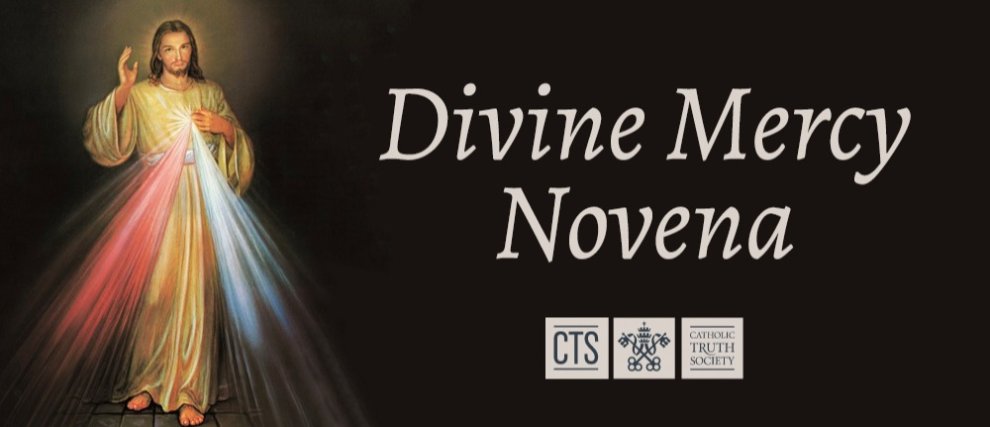How and Why Should we Engage in Penance?
Confession or the sacrament of reconciliation can also be called the sacrament of penance. Indeed, penance leads, alongside contrition, to absolution and forgiveness of sins. But this term can be scary or put at a distance because it has long been associated with an idea of punishment. And yet, far from being a deprivation or a humiliation, true penance is a liberation, to be lived in joy as an act of love that leads to a deep and lasting conversion.
What is engaging in penance?
Definition from the Catechism of the Catholic Church
“The interior penance of the Christian can be expressed in many and various ways. Scripture and the Fathers insist above all on three forms, fasting, prayer, and almsgiving, which express conversion in relation to oneself, to God, and to others. Alongside the radical purification brought about by Baptism or martyrdom they cite as means of obtaining forgiveness of sins: effort at reconciliation with one's neighbor, tears of repentance, concern for the salvation of one's neighbor, the intercession of the saints, and the practice of charity “which covers a multitude of sins. (number 1434 of the Catechism of the Catholic Church)
Penance, repentance and contrition
Penance is not exactly repentance. To repent (to have a moral conscience of one's faults) is to recognize one's fault, one's sin. It is not only being aware of it but expressing regret (by contrition; this is what we do in the act of contrition).
Beyond repentance, penance is an act of reparation and an act of conversion.
Conversion (turning around, changing direction) is therefore a deep and inner process to change our gaze, our behavior, our heart.
Outer Penance and Inner Penance
External penance is the action chosen by the person who has sinned, or accepted by them, and which they undertake to receive absolution from this sin. It is often directly related to the sin confessed (asking forgiveness from a person who has been hurt, telling a truth that has been hidden or misrepresented, returning stolen property, praying for a person about whom we have gossipped ...)
Inner penance is a more profound and intimate act, which is accompanied by a personal conversion. This can then lead to a real change in behavior to avoid falling back into sin. (Beyond my fault, what drives me to theft, lies, malice or indifference towards this or that person...? What is it in me that is hurt, damaged to make me do this?)
And it is to this interior penance, to this radical change of behavior, of gaze, of life, that Jesus calls us, as the Catechism of the Catholic Church recalls:
“Jesus' call to conversion and penance, like that of the prophets before him, does not aim first at outward works, “sackcloth and ashes,” fasting and mortification, but at the conversion of the heart, interior conversion. Without this, such penances remain sterile and false; however, interior conversion urges expression in visible signs, gestures and works of penance.” (Catechism of the Catholic Church, No. 1430)
Is it important to engage in penance?
Doing penance allows us to truly live reconciliation with God and his plan of love for us and for the world. We then reconcile with our brothers and sisters, with the Church, with ourselves…
To engage in penance is to respond to this call of Christ, who tells us, “Convert!” It is, indeed, to recognize what hinders us, what weighs us down—sin, fault—and to firmly decide to change our life, our gaze, our behaviors to follow Christ.
When and how can I engage in penance?
During the sacrament of reconciliation
The very fact of going to confession of our sins, of deposing them before Jesus, of acknowledging that we have acted badly helps us to move forward in a true process of interior penance.
Total conversion is not easy, it is a path, but each of our confessions allows us to move forward on this path. Even if we fall back, each time God lifts us up and allows us to take one more step. Each of our external penances can help us begin our true interior penance.
“In the sacrament of penance the faithful who confess their sins to a legitimate minister, are sorry for them, and intend to reform themselves obtain from God through the absolution imparted by the same minister forgiveness for the sins they have committed after baptism and, at the same, time are reconciled with the Church which they have wounded by sinning.” (Canon No. 959 - Code of Canon Law CIC/1983)
Penitential prayer at the Mass
At the beginning of each Mass, we confess our sins before our brothers and sisters through the prayer of the Confiteor (I confess to God). This prayer can be associated with the fist gesture on the chest to show that we are truly aware of our sin.
Through prayer, fasting, charity
The Church reminds us, penance is lived daily in the attention we will have for others, in the desire to serve God through each of our actions and to work for his Kingdom.
“Conversion is accomplished in daily life by gestures of reconciliation, concern for the poor, the exercise and defense of justice and right, by the admission of faults to one's brethren, fraternal correction, revision of life, examination of conscience, spiritual direction, acceptance of suffering, endurance of persecution for the sake of righteousness. Taking up one's cross each day and following Jesus is the surest way of penance.” (Catechism of the Catholic Church, no. 1435)
We can also distance ourselves from what leads us to sin. Fasting - which can affect many areas of our lives - can help us free ourselves from harmful behaviors or addictions that hinder our freedom.
Prayer helps us to keep our eyes on God and to live this conversion. At any time, if we feel the need, we can recite a psalm of penance or address what we have on the heart, with confidence and humility, to our Father of mercy.
Feel the Mercy of God with Hozana!
- With , receive a daily message on divine mercy!
- For 9 days, by dedicating yourself to the united hearts of Jesus and Mary.
- Discover the novena of divine mercy with that will allow you to receive each day an excerpt from the Diary of Saint Faustina, to whom Christ entrusted this prayer.

